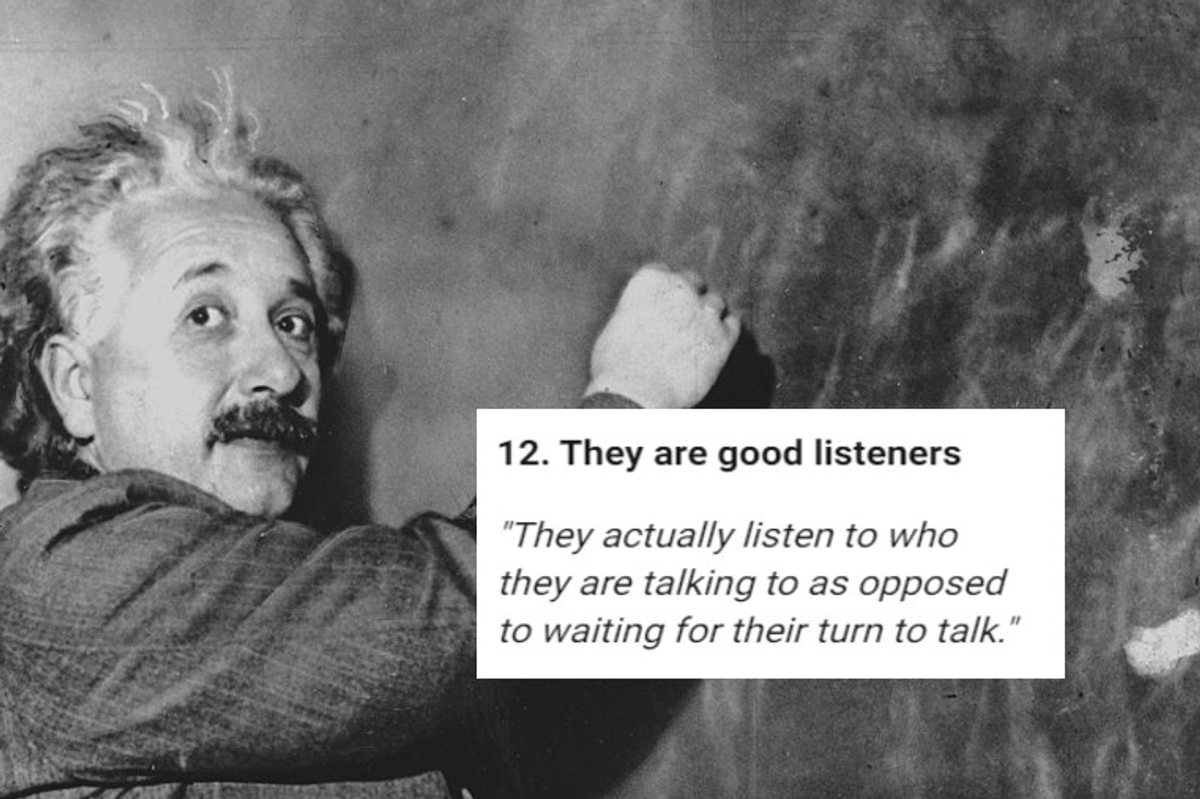After seeing what these 5 women are doing for kids, it's no wonder they're winning awards.
Congratulations to them!
There were over 6,000 submissions for the L'Oréal Paris Women of Worth awards this year. 10 women were selected.
Everyone deserves to know about these exceptional ladies.
As Women of Worth kicks off its 10th year of celebrating women going the extra mile in their communities, what better way to start than by giving a sneak peek at who they are.
Here are five of the amazing 2015 Women of Worth honorees.
1. Catherine Curry-Williams from Valley Village, California
She built the coolest playground around — and it's accessible for ALL kids.
Shane's Inspiration is changing how kids play. All images from L'Oréal Paris, used with permission
It all started when Catherine's son Shane passed away at just two weeks old from complications of spinal muscular atrophy. Everyone grieves differently, and Catherine grieved in her own way: by launching a worldwide initiative called Shane's Inspiration.
As a tribute to her son, Shane's Inspiration constructs accessible playgrounds for use by children of all abilities— which is something that's often hard to find. These are playgrounds with features that include special swings to accommodate wheelchairs, "sound walls" for the sight-impaired, and activities designed to improve balance and muscle tone for children with Down syndrome and other disorders.
The group has helped to create 57 fully accessible playgrounds worldwide so far, with 96 more under development in the U.S., Mexico, Ecuador, Russia, and Israel.
2. Schinnell Leake from College Park, Maryland
She throws super fun birthday parties for kids she doesn't know.
All kids deserve birthday parties, homeless or not.
After learning that more than 2,000 kids live in homeless shelters throughout her area of College Park, Maryland, Schinnell's thoughts went directly to a place many others wouldn't think of: birthday parties.
Understanding the importance of kids having confidence and feeling loved, she decided to launch Extra-Ordinary Birthdays to throw individualized birthday parties for homeless kids that most likely wouldn't get to have them otherwise. In the past two years, she's thrown over 200 birthday parties and has partnered with six shelters in Maryland and D.C.
3. Melaney Smith from Athens, Georgia
When Melaney met a young girl who loved to read, but had no books, it gave her an idea.
All kids should have books available to them.
It prompted her to launch Books for Keeps to make sure that kids have access to books at home, especially during the summer months when they're out of school.
You could say it's catching on.
Her organization has been giving out around 45,000 books every year to kids in need, which means summer recess has become a lot more fun (and educational!) than it used to be for many.
4. Elissa Davey from Vista, California
Elissa thinks everyone deserves to be remembered after they're gone, so she's making it happen.
Giving proper funerals to those who've been abandoned.
Elissa Davey was so distraught after reading a news article one day, she launched an organization because of it.
The article was about an abandoned baby boy who was found in a trash can. When she talked to the coroner and was told the boy would go to an unmarked grave if no one claimed him, she realized just how often that situation occurs.
Elissa couldn't just sit there and let it happen. She launched Garden of Innocence to provide personalized and dignified burials for abandoned children up to eight years old.
17 years later, she and her volunteers have provided services for 288 children. It's heartbreaking and beautiful at the same time.
5. Jaha Dukureh from Atlanta, Georgia
When Jaha speaks, people listen. Even President Obama.
Empowering youth and changing perceptions on FGM.
You know what's not often talked about? Female genital mutilation (FGM). It's a heavy topic, no doubt, but considering 504,000 girls are at risk of experiencing it in the United States (and so many more around the world), that's exactly why it needs to be discussed.
There is no one better to lead that discussion than 24-year-old Jaha Dukureh, a survivor of FGM herself. She has started the organization Safe Hands for Girls to empower and educate young girls and communities about the dangers and effects of FGM.
Through her work, Jaha has directly saved more than 100 girls from FGM, and she has been instrumental in the creation of the Girls' Protection Act of 2010, which criminalizes the transport of U.S. girls abroad for FGM. Additionally, her 2014 Change.org petition, which collected more than 220,000 signatures, resulted in the Obama administration directing the CDC to investigate the prevalence of FGM in the United States.
When Obama gets involved, you know you're a big deal.









 A woman is getting angry at her coworker.via
A woman is getting angry at her coworker.via  A man with tape over his mouth.via
A man with tape over his mouth.via  A husband is angry with his wife. via
A husband is angry with his wife. via 
 Albert EinsteinArthur Sasse/
Albert EinsteinArthur Sasse/ Neil deGrasse TysonUnited States Department of Education/
Neil deGrasse TysonUnited States Department of Education/ Stephen HawkingBy NASA/Paul E. Alers/
Stephen HawkingBy NASA/Paul E. Alers/ Carl SaganKenneth C. Zirkel/
Carl SaganKenneth C. Zirkel/
 Many people make bucket lists of things they want in life.
Many people make bucket lists of things they want in life. 
 A man on a pull-up bar.via
A man on a pull-up bar.via  A woman working out at the gym.via
A woman working out at the gym.via 